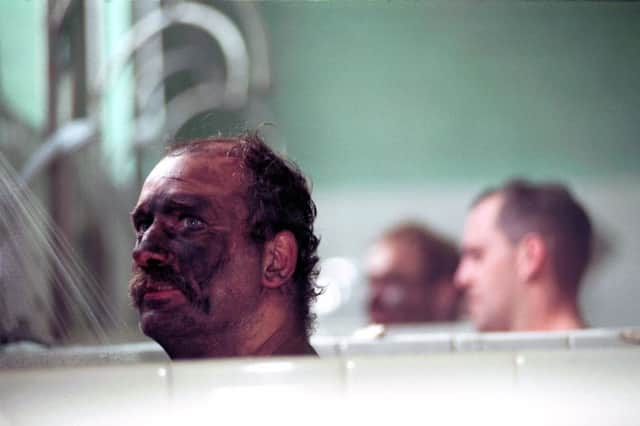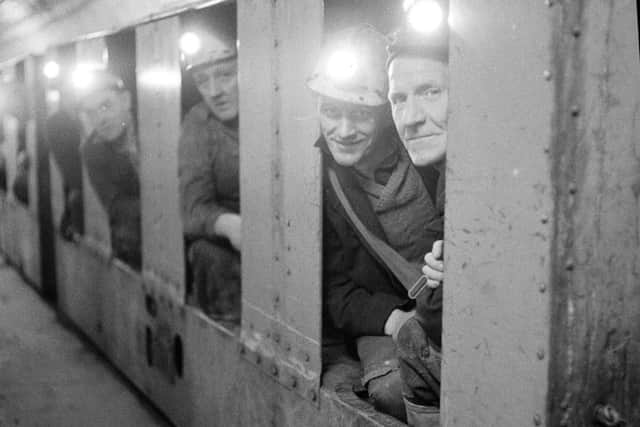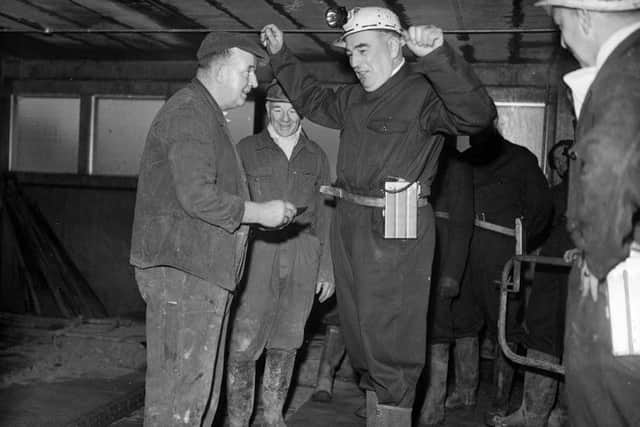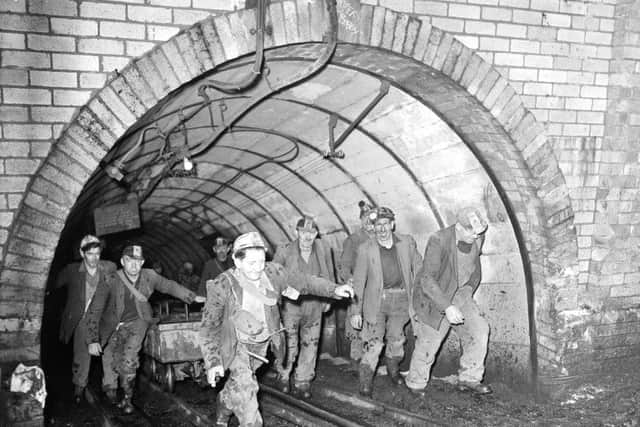In pictures: Scotland’s lost coal mining industry


Coal was the fuel of the Industrial Revolution and in a world without central heating it also kept people warm. Hundreds of thousands of miners were employed to dig it out of the ground.
The last remaining deep mine in the UK, Kellingley colliery in North Yorkshire, will close on December 18, bringing an end to an industry that dates back centuries.
Advertisement
Hide AdPit workers in the second half of the 20th century were comparatively well-paid but their freedoms were hard-won - their predecessors in the early 19th century often worked in almost slave-like conditions.


The Mines Act of 1842 put an end to women and children under the age of 10 from working under ground and introduced the first pit inspectors.
But it remained a dangerous occupation and disasters were not uncommon.
The modern mining industry was born in 1947 when every pit in the UK was nationalised under Clement Attlee’s Labour government.
The subsequent creation of the National Coal Board aimed to improve the industry’s productivity as well as improve safety and working conditions for miners.


So-called ‘super pits’ were opened in places such as Rothes, Fife, to take advantage of the latest mining technologies.
Advertisement
Hide AdIn 1971 around 290,000 men were employed in the coal mining industry working at 292 pits across the UK - down from a workforce of 700,000 as recently as 1955.
But increasing competition from abroad - which meant it was often cheaper to import coal than dig it out of the ground locally - and falling domestic demand meant that pit closures were on the rise.
Advertisement
Hide AdPoor industrial relations between the National Union of Mineworkers and successive Labour and Conservative governments did not help matters.


The bitter miners’ strike from 1984-85 was a low point for the industry and a set-back from which it never recovered.
Arguments continue to this day over who was to blame and accusations of dirty tricks were made against both sides.
Several Scottish pits limped on but were privatised when Margaret Thatcher’s Tory government scrapped the National Coal Board in 1987.
The last active deep mine in the country at Longannet, Fife, closed in March 2002 after its underground workings suffered serious flooding and its parent company was placed in receivership.
Opencast coal mining continues in Scotland today, with around half of the UK’s opencast mines found north of the border.